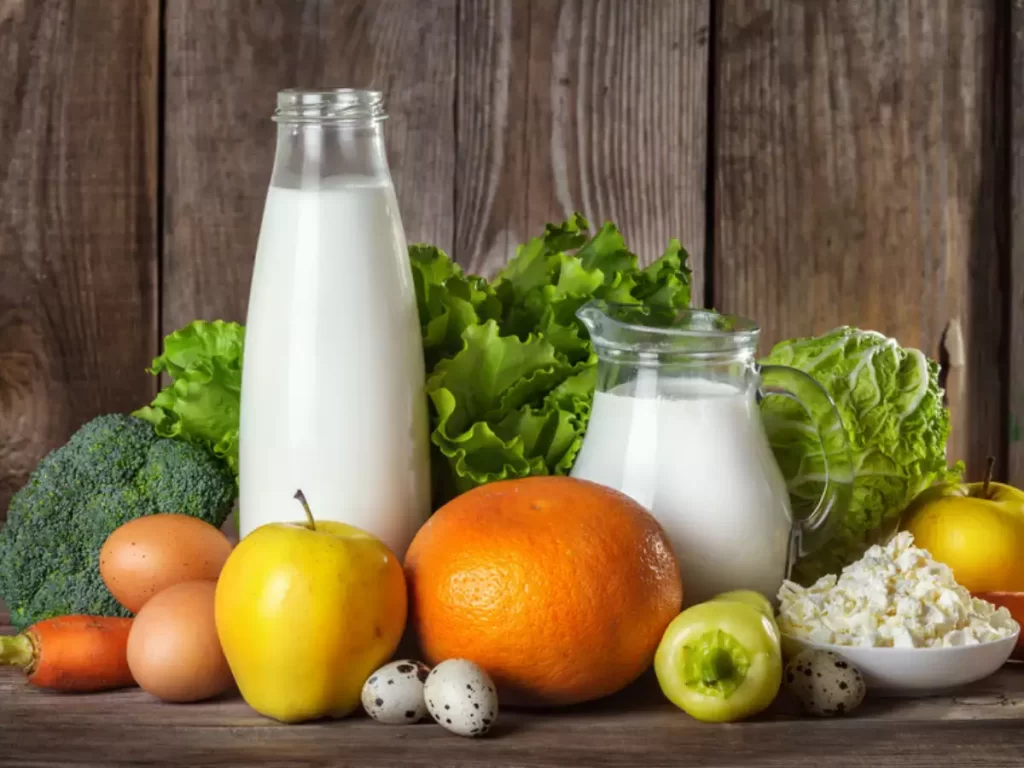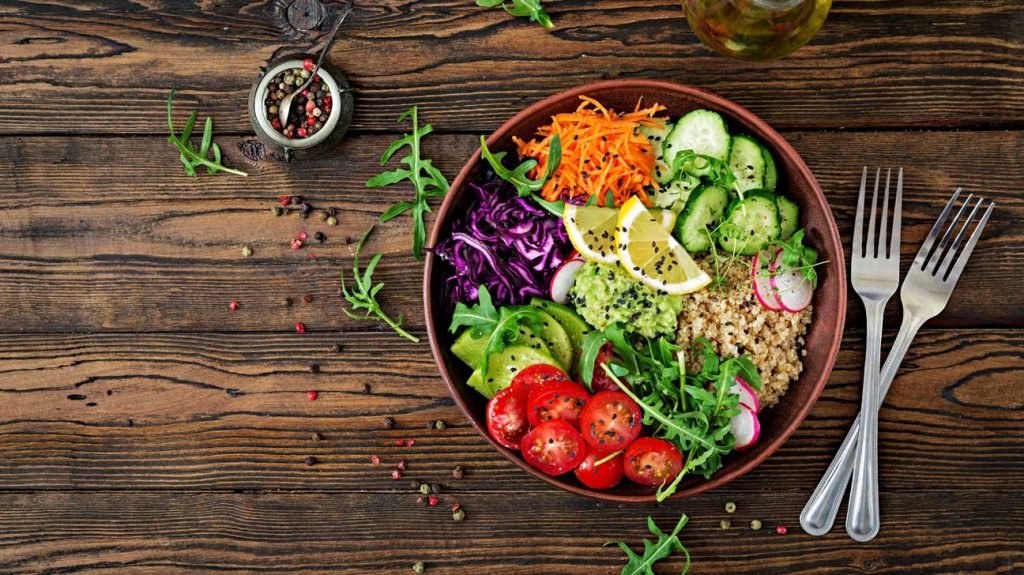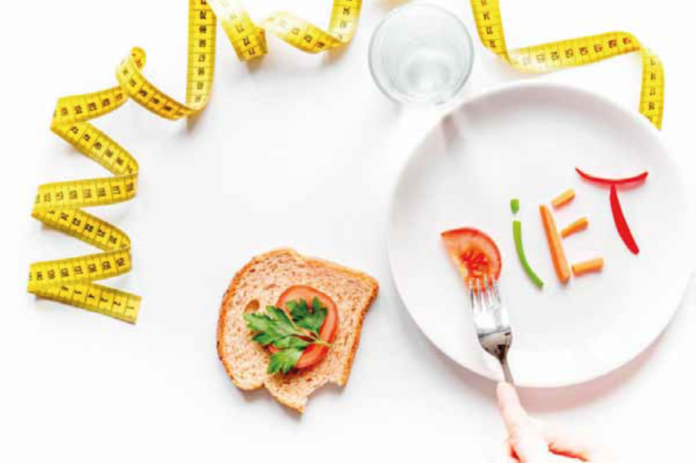
There are thousands of diets for losing weight, while others are for gaining weight, lowering cholesterol, living a long and healthful life, and many other reasons. A diet is best described as a fixed plan of eating and drinking where the type and amount of food are planned out in order to achieve weight loss or follow a particular lifestyle.
1. The Zone diet
The Zone diet aims for a nutritional balance of 40 per cent carbohydrates, 30 percent fats, and 30 percent protein in each meal. The focus is also on controlling insulin levels, which may result in more successful weight loss and body weight control than other approaches.
The Zone diet encourages the consumption of high-quality carbohydrates – unrefined carbohydrates, and fats, such as olive oil, avocado, and nuts.
2. Ketogenic diet
The ketogenic diet has been used for decades as a treatment for epilepsy and is also being explored for other uses. It involves reducing carbohydrate intake and upping fat intake. It sounds contrary to common sense, but it allows the body to burn fat as a fuel, rather than carbohydrates.

Healthy fats, such as those in avocados, coconuts, Brazil nuts, seeds, oily fish, and olive oil are liberally added to the diet to maintain an overall emphasis on fat.
The diet causes the breakdown of fat deposits for fuel and creates substances called ketones through a process called ketosis. This diet has risks including ketoacidosis for people with type 1 diabetes, however, and may result in diabetic coma and death. Although most studies are 2 years or less, there is some promising research in relation to diabetes management, metabolic health, weight loss, and body composition change.
3. Atkins diet
The Atkins diet, or Atkins nutritional approach, focus on controlling the levels of insulin in the body through a low-carbohydrate diet. If people consume large amounts of refined carbohydrates, their insulin levels rise and fall rapidly. Rising insulin levels trigger the body to store energy from the food that is consumed, making it less likely that the body will use stored fat as a source of energy.
Therefore, people on the Atkins diet avoid carbohydrates but can eat as much protein and fat as they like. Although popular for some time, the Atkins Diet comes with certain risks. Individuals considering the Atkins Diet should speak with their doctor.
4. Vegetarian diet
Many people choose a vegetarian diet forethical reasons, as well as health. There are various types of vegetarian: lacto-vegetarian, fruitarian vegetarian, lacto-ovo vegetarian, living food diet vegetarian, ovo-vegetarian, pescovegetarian, and semi-vegetarian.

The majority of vegetarians are Lacto-ovo vegetarians, in other words, they do not eat animal-based foods, except for eggs, dairy, and honey.
Studies over the last few years have shown that vegetarians have lower body weight, suffer less from diseases, and typically have a longer life expectancy than people who eat meat.
5. Vegan diet
Veganism is more of a way of life and philosophy than a diet. A vegan does not eat anything that is animal-based, including eggs, dairy, and honey. Vegans do not usually adopt veganism just for health reasons, but also for environmental, ethical, and compassionate reasons.
Vegans believe that modern intensive farming methods are bad for our environment and unsustainable in the long-term. If everybody ate plant-based food, the environment would benefit, animals would suffer less, more food would be produced, and people would generally enjoy better physical and mental health, vegans say.

6. Weight Watchers diet
Weight Watchers Inc. was started in the 1960s by a homemaker who had lost some weight and was concerned she might put it back on. So, she created a network of friends. Weight Watchers is a huge company, with branches all over the world.
Dieters can join either physically and attend regular meetings, or online. In both cases, there is lots of support and education available for the dieter.
7. Raw food diet
The raw food diet involves consuming foods and drinks that are not processed, are completely plant-based, and ideally organic. Raw foodists believe that at least three-quarters of a person’s food intake should consist of uncooked food. A significant number of raw foodists are also vegans and do not eat or drink anything that is animal based.





Superb